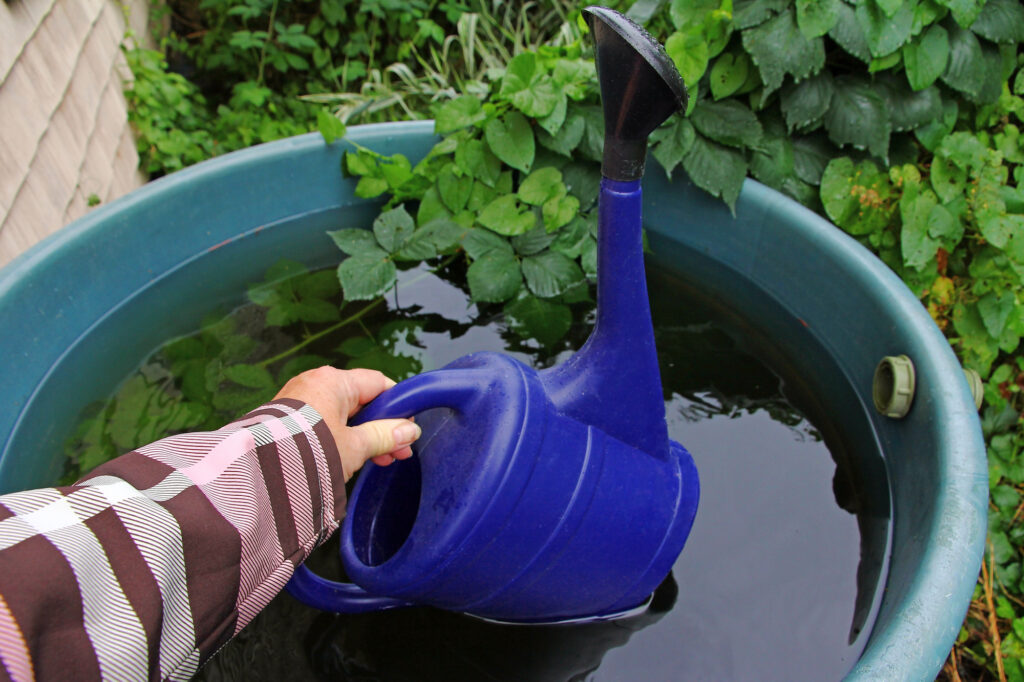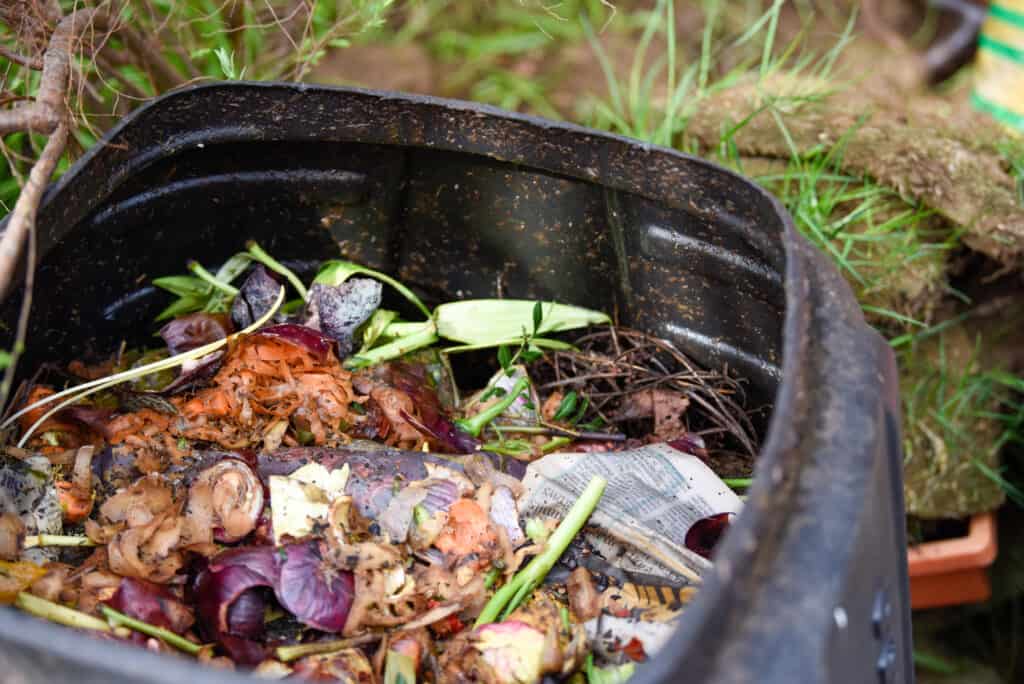Preparing your garden for winter in a sustainable way ensures that it remains healthy and productive. This also minimizes environmental impact and helps to support the local environment, such as insects and wildlife.
Here are several steps to get your garden ready for winter using eco-friendly methods. Many of these strategies are great for year-round gardening as well (such as having a compost pile).
1. Mulch Your Garden
Adding a layer of organic mulch like straw, leaves, or compost is a great way to insulate your soil during winter. Mulch helps retain moisture, prevents erosion, and protects plant roots from freezing temperatures. As the mulch breaks down, it also enriches the soil with nutrients, improving its structure for spring planting.
2. Compost Garden Waste and Set Up a Compost Bing
Instead of discarding dead plants, grass clippings, or leaves, add them to your compost pile. This allows you to create rich, organic compost that can be used in the garden next season. Avoid composting any diseased plants, as they could spread pathogens back into the garden later on.
It is also a great time to set up a compost bin, so that you can collect compost year round. This includes both yard waste and food waste. These biodegradable items provides rich soil to go back in your garden.
3. Plant Cover Crops
Cover crops like clover, rye, or winter wheat are great for protecting your soil over the winter months. These crops have a multitude of benefits, for example, they help prevent erosion, fix nitrogen in the soil, and add organic matter when tilled back into the ground in spring. Cover crops also keep weeds down during the off-season.
4. Collect and Save Seeds
As your plants reach the end of their growing season, save seeds from your favorite vegetables, herbs, and flowers to replant in the spring. Saving seeds reduces the need to buy new ones each year, helps preserve heirloom varieties, and cuts down on packaging waste.
5. Leave Some Plants for Wildlife
While cleaning up your garden, consider leaving some seed heads, dried flowers, or unharvested vegetables for birds and other wildlife. They provide food and shelter for creatures during the colder months, supporting local biodiversity.

6. Water Wisely
Before winter sets in, give your garden a deep watering. Well-watered soil holds heat better than dry soil, protecting plant roots from freezing. Water your plants in the morning to allow any excess water to evaporate before nightfall, reducing the risk of fungal diseases.
7. Use Natural Materials for Frost Protection
Instead of synthetic frost covers, use old sheets, burlap, or other natural fabrics to protect tender plants from frost. These materials are biodegradable and can be reused season after season.
8. Clean and Store Garden Tools Carefully
Clean your garden tools before storing them for winter to extend their lifespan. Avoid using chemical cleaners—soap and water will do. Sharpening blades and oiling metal parts also help prevent rust and ensure your tools are ready for next season.
9. Build Raised Beds or Install Cold Frames
If you want to extend your growing season or protect winter crops, consider building raised beds or installing cold frames. Both options help insulate plants from the cold, allowing you to grow hardy vegetables like kale, spinach, or carrots even through winter.
10. Use a Rain Barrel
If you haven’t already, set up a rain barrel to collect rainwater for future garden use. This reduces your dependence on municipal water supplies, lowers your water bill, and makes use of a free natural resource. It’s a sustainable practice you can continue into the next growing season.






I need to get out to take care of my garden. These tips make it so easy to do.
I wish I had a garden. I tend to kill stuff. Oops. But I know my Mom does a lot of this with her garden.
My garden is quite a mess at the end of the season and usually requires a lot of prep work for the next year. These are great tips to get everything ready, I need to implement them.
I have just started getting my garden ready for the winter. Down the final mow of the year and put all my tools and things away